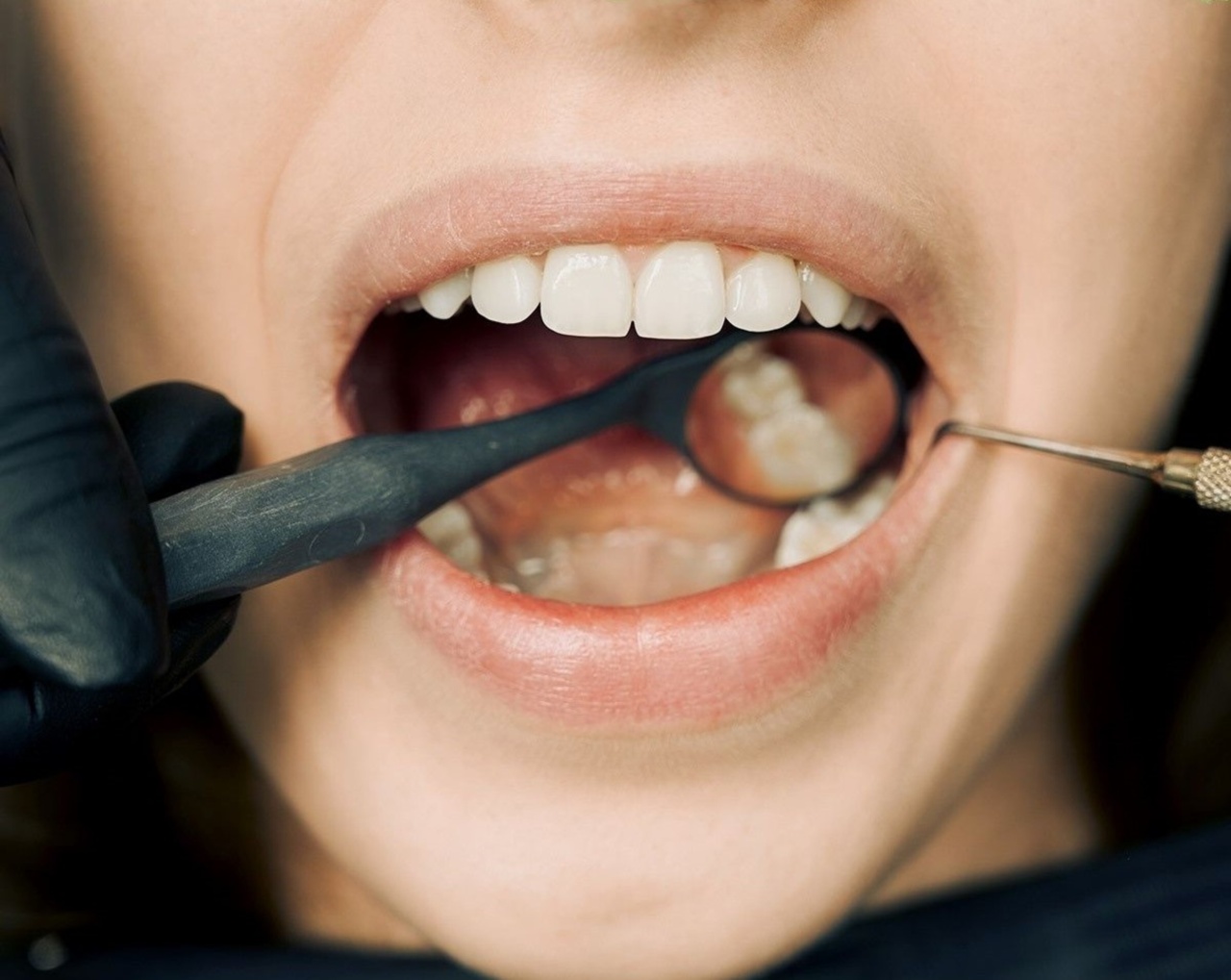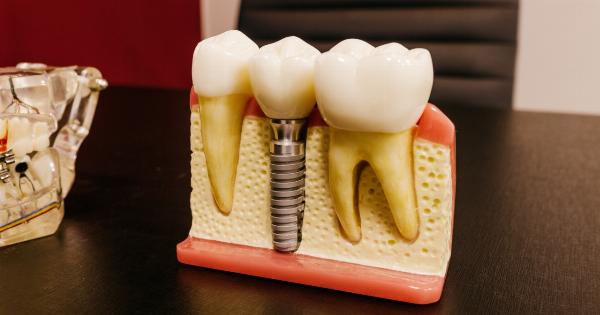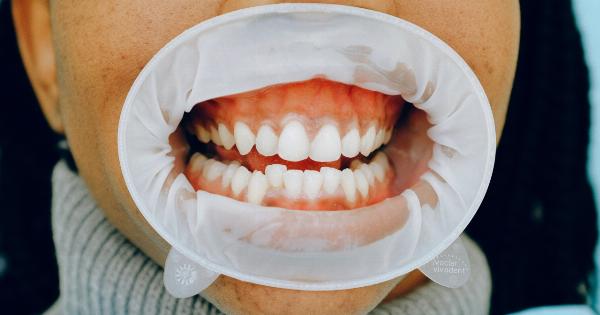Oral aphids, also known as aphthous ulcers or canker sores, are a common oral condition characterized by small, painful sores that form on the inside of the mouth.
Although they are not contagious or life-threatening, oral aphids can cause discomfort and make it difficult to eat, drink, or speak comfortably. This article aims to provide a deeper understanding of the different species of oral aphids, their causes, symptoms, and various treatment strategies.
Types of Oral Aphids
There are several types of oral aphids, each with its own distinct characteristics and underlying causes. Understanding these different species can help in developing effective treatments.
1. Minor Aphthous Ulcers
Minor aphthous ulcers are the most common type of oral aphids. They are small, round or oval-shaped sores that have a white or yellowish center with a red border.
These ulcers typically measure less than 1 centimeter in diameter and can occur in clusters.
2. Major Aphthous Ulcers
Major aphthous ulcers, also known as Sutton’s ulcers, are larger and deeper than minor aphthous ulcers. They may have irregular shapes and can cause significant pain. These ulcers often take longer to heal, usually leaving behind scars.
3. Herpetiform Aphthous Ulcers
Herpetiform aphthous ulcers are characterized by small, numerous clusters of ulcers that resemble herpes simplex virus (HSV) outbreaks. However, they are not caused by a viral infection.
These ulcers can be very painful and can last for several weeks before healing.
Causes of Oral Aphids
The exact causes of oral aphids are still unknown. However, researchers have identified several factors that may contribute to their development:.
1. Trauma and Injury
Minor injuries to the oral tissues, such as accidental biting, dental procedures, or aggressive brushing, can trigger the formation of oral aphids.
2. Immune System Dysfunction
An overactive immune system or immune system deficiencies may increase the risk of developing oral aphids.
Certain autoimmune conditions, such as inflammatory bowel disease or Behçet’s disease, are associated with a higher incidence of oral aphids.
3. Emotional Stress
High levels of stress or emotional distress can contribute to the occurrence of oral aphids.
Although the exact mechanisms are still not fully understood, stress is believed to weaken the immune system and make individuals more susceptible to developing these ulcers.
4. Nutritional Deficiencies
A lack of essential vitamins and minerals, such as iron, zinc, vitamin B12, or folate, can increase the likelihood of developing oral aphids. A well-balanced diet is crucial for maintaining optimal oral health.
Treatment Strategies
While there is currently no cure for oral aphids, various treatment strategies can help manage symptoms, accelerate healing, and prevent recurrences:.
1. Topical Medications
Over-the-counter topical ointments, gels, or mouthwashes containing ingredients like benzocaine or lidocaine can provide temporary relief from pain and discomfort. These medications create a protective layer over the ulcers and promote healing.
2. Prescription Medications
In severe cases, when topical treatments are ineffective, a healthcare professional may prescribe stronger medications, such as corticosteroids or immune-modulating drugs.
These drugs help reduce inflammation and suppress the immune system’s response, ultimately speeding up the healing process.
3. Mouth Rinses
Antimicrobial mouth rinses or oral sprays can help prevent secondary infections and promote oral hygiene. Rinsing the mouth with a solution of warm saltwater several times a day can also provide soothing relief.
4. Topical Anesthetics
Applying a small amount of topical anesthetic, such as benzocaine, directly to the ulcers can numb the area temporarily, minimizing pain and discomfort during eating or speaking.
5. Dietary Changes
Avoiding spicy, acidic, or rough-textured foods can help prevent further irritation to the ulcers. Additionally, incorporating a diet rich in fruits, vegetables, and whole grains can provide essential nutrients for oral health.
6. Stress Management
Practicing stress-reduction techniques, such as meditation, deep breathing exercises, or engaging in activities that promote relaxation, can help minimize the frequency and severity of oral aphids triggered by emotional stress.
Prevention of Oral Aphids
While it may not always be possible to prevent the occurrence of oral aphids, the following preventive measures may help reduce their frequency:.
1. Maintain Good Oral Hygiene
Regular brushing, flossing, and using an antibacterial mouthwash can help maintain optimal oral hygiene and reduce the risk of oral infections.
2. Avoid Triggering Factors
Avoiding known triggering factors, such as certain foods, aggressive tooth brushing, or injury to the oral tissues, can help prevent the onset of oral aphids.
3. Manage Stress
Implementing stress management techniques, such as exercise, meditation, or counseling, can help reduce stress levels and minimize the occurrence of oral aphids triggered by emotional distress.
Conclusion
Oral aphids are a common oral condition that can cause significant discomfort. Understanding the different types of oral aphids, their causes, symptoms, and appropriate treatment strategies is essential for managing this condition effectively.
While there is currently no cure, various treatment options can help alleviate symptoms and promote healing. Additionally, adopting preventive measures and maintaining good oral hygiene can reduce the frequency and severity of oral aphid outbreaks, improving overall oral health and quality of life.






























